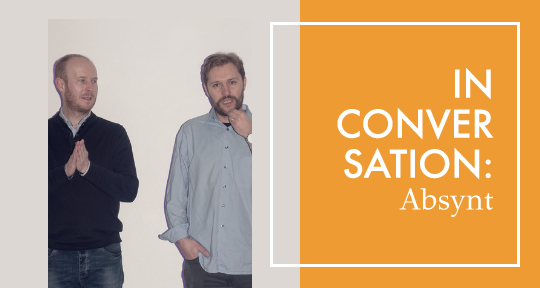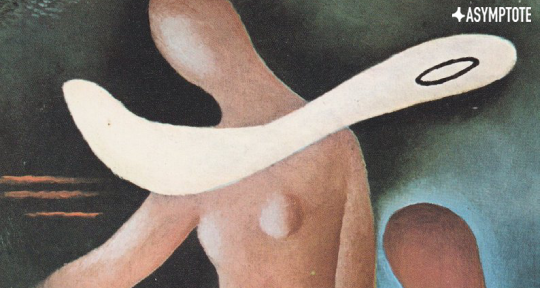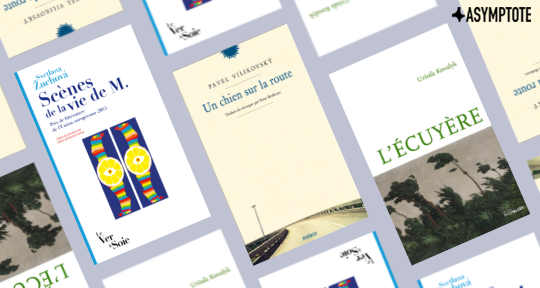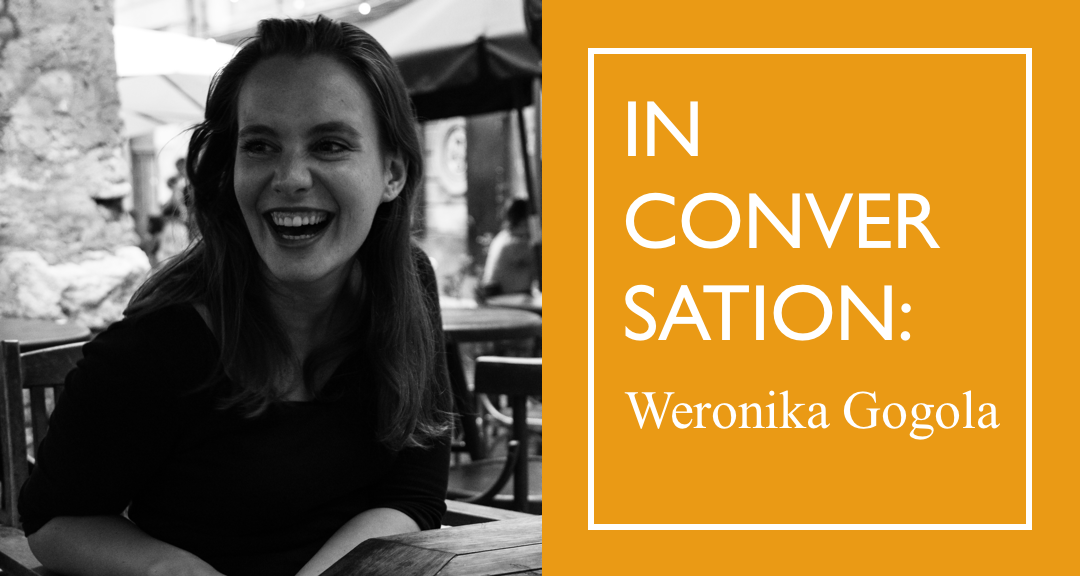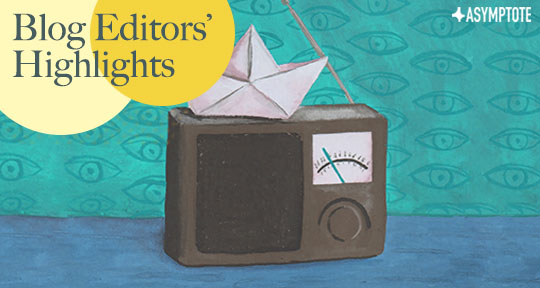This week, our writers bring you the latest news from Slovakia, where European Literature Night took place online, and the United Kingdom, where festivals such as the Big Book Weekend and Hay Festival have begun. Read on to find out more!
Julia Sherwood, Editor-at-Large, reporting from Slovakia
Readers of the literary journal Knižná revue voted, unusually, for a scholarly non-fiction title as their Book of the Year. Juraj Drábik’s Fašismus traces the history of fascism, offering a clear definition of the term and clarifying misunderstandings that lead to the label being overused and/or misused. The surprising success of this book with general readers might be explained by the rising popularity of a Slovak neo-Nazi party before the general election earlier this year, raising widespread concern that it might end up in government, which fortunately did not happen.
Like the rest of the world, Slovakia too has been grappling with the impact of the coronavirus pandemic. The authorities responded early by imposing a comprehensive and strict lockdown. As a result, Slovakia has had one of the lowest death tolls in Europe and the country has started cautiously reopening. While bookshops were closed, one of the biggest online booksellers invited buyers to waive the online discount in favour of struggling publishers in an initiative called “Tip your publisher.” And as soon as they reopened, the country’s president Zuzana Čaputová visited the Bratislava branch of leading independent bookstore Artfórum and encouraged her Facebook followers to keep buying books.
Although many cultural events were cancelled, others managed to reinvent themselves digitally. Unlike elsewhere in Europe, where European Literature Night—a series of readings held for the past twelve years—has been postponed until autumn, the event’s Slovak organisers have pressed on with their ten-day programme of readings, swapping the planned venues for Facebook and all the participating actors wearing face masks. The series kicked off on May 13 with an excerpt from Ivana Dobrakovová’s Matky a kamionisti (Mothers and Truckers), a winner of the 2019 European Union Prize for Literature, followed the next day by Hodiny z olova (Hours of Lead) by Asymptote contributor Radka Denemarková, and on consecutive evenings by readings from works by Timur Vermes, Domenico Starnone, Lars Saabye Christensen, Gaël Faye, Miroslava Svolikova, David Grossman, Ryszard Kapuściński, and Fikry El Azzouzi. The entire series will be available on the Czech Centre’s YouTube channel from May 25. READ MORE…




